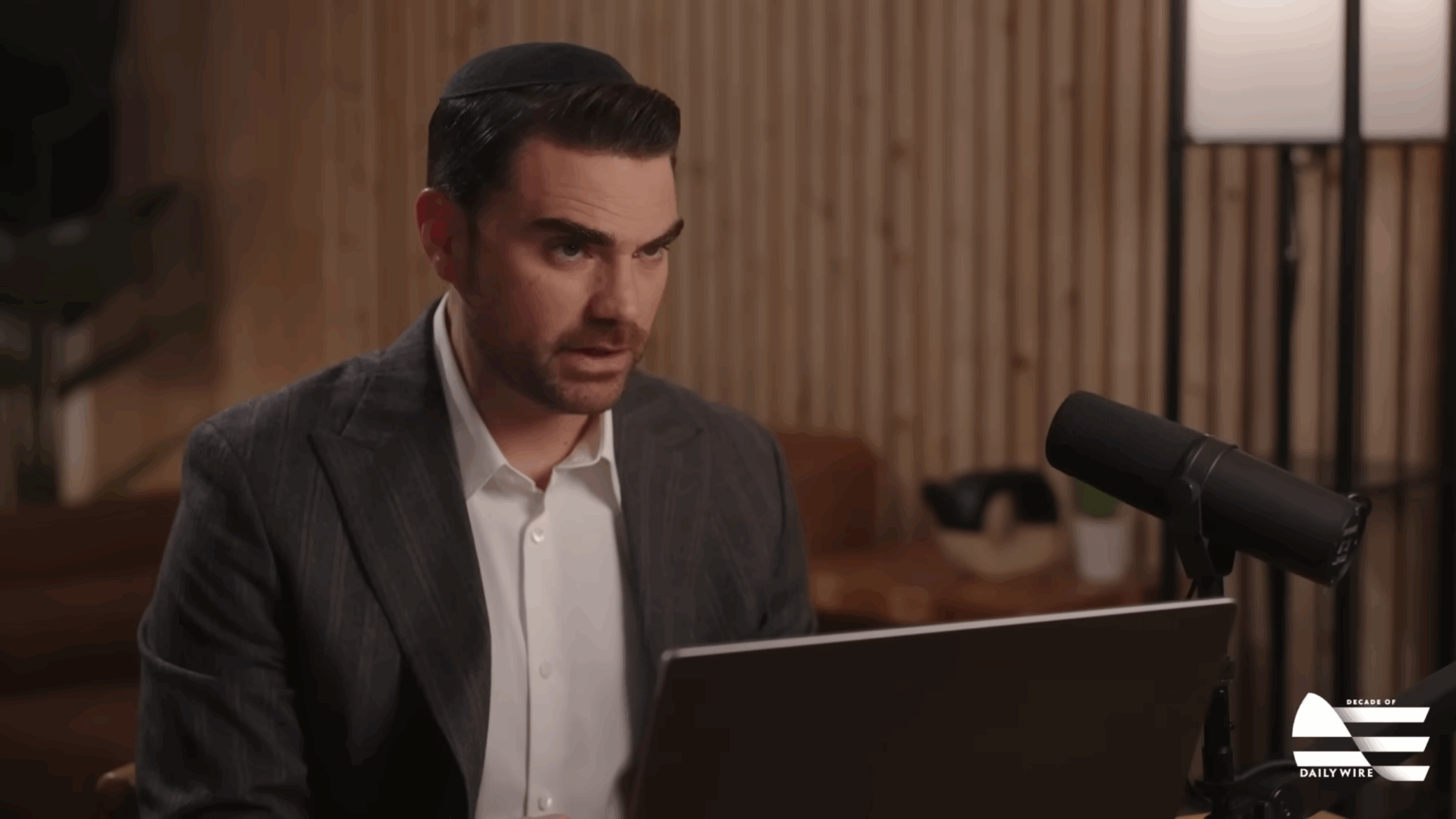Creating a podcast is an intricate process that goes beyond recording audio and publishing episodes. It involves careful planning, execution, and, importantly, reflection on what has been produced. Feedback is a vital element in this cycle of continuous improvement. Once you've completed a series of episodes recorded professionally, analyzing the feedback can lead to meaningful enhancements in your content. This article explores effective strategies for leveraging feedback to elevate your podcast's quality and audience engagement.
Understanding the Feedback Loop
Feedback is often viewed as a simple exchange of opinions or evaluations regarding specific content. However, in the realm of podcasting, it serves as the foundation for growth and evolution. When you complete a series of episodes, whether in a dedicated podcast studio in Podcast Studio in Arizona Arizona or at any other professional location, gathering feedback helps you step back from your work and view it through the lens of your audience.
Establishing a robust feedback loop involves several components: soliciting input from listeners, analyzing their responses, and implementing changes based on these insights. The process should feel organic rather than forced; it’s about creating an open dialogue with your audience.
Gathering Constructive Feedback
The first step toward using feedback effectively is knowing how to gather it. Here are some methods to consider:
Surveys and Questionnaires: Create tailored surveys that target specific aspects of your episodes. Ask questions about content clarity, production quality, and listener engagement. Tools like Google Forms or SurveyMonkey can facilitate this process.
Social Media Interaction: Use platforms where your audience engages to solicit feedback directly. Polls on Instagram or Twitter can be quick ways to gauge reactions to recent episodes.
Listener Emails: Encourage listeners to share their thoughts via email or voice messages. Personal connections often yield more insightful feedback than anonymous forms.

Podcast Reviews: Monitor comments on platforms like Apple Podcasts or Spotify. While these reviews are often brief, they provide valuable insight into listener sentiments.
Focus Groups: If possible, invite a small group of dedicated listeners for an informal discussion about your podcast. This face-to-face interaction can reveal nuances that surveys might miss.
Once you've collected this data, it's essential to analyze it thoughtfully rather than react impulsively.
Analyzing Feedback
After gathering feedback through various channels, the next step is analysis—understanding what listeners appreciate and where improvements are necessary. Here’s how you can tackle this task:
- Identify Patterns: Look for recurring themes in the feedback. For instance, if multiple listeners mention that certain segments are too long or confusing, this signals an area needing attention. Segment Responses: Differentiate between constructive criticism and general opinions. Constructive criticism often offers actionable insights while general opinions may reflect personal preferences that aren’t universally applicable. Prioritize Changes: Not all feedback will be equally important or feasible to implement immediately. Prioritize based on factors such as potential impact on audience experience versus effort required for implementation.
For example, if listeners consistently express interest in deeper dives into particular topics that resonate with them—such as local culture in Arizona—this suggests an opportunity for enhanced content that can draw in more engagement without extensive changes to production processes.

Implementing Changes
Once you've analyzed the feedback thoroughly, it's time to make changes based on Podcast Studio AZ Podcast studio your findings:
Content Adjustments
Consider how the content itself might evolve based on listener suggestions:
- Episode Length: If audiences express preference for shorter episodes, consider restructuring longer discussions into two-part series that maintain engagement without overwhelming listeners. Topic Selection: If certain subjects resonate better with your audience—be it interviews with local personalities or explorations of specific community issues—shift some focus toward these areas.
Production Quality
Improving audio quality can significantly enhance listener experience:
- Editing Techniques: Review editing styles based on listener preferences; perhaps they favor tighter edits with minimal pauses or prefer natural conversations that mimic real-life interactions. Sound Design: Experiment with background music or sound effects but ensure they complement rather than distract from the main dialogue.
Engagement Strategies
Enhancing interaction with your audience can foster loyalty:
- Call-to-Actions (CTAs): Integrate CTAs within episodes encouraging listeners to review or share their thoughts actively. Community Building: Consider creating online communities (like Facebook groups) where fans can discuss episodes and provide direct feedback in real time.
Each change should be deliberate and backed by insights gleaned from your analysis phase.
Measuring Impact
After implementing changes based on analyses of past feedback, it's essential to measure whether these adjustments positively affect listener engagement:
Monitor Listener Metrics: Keep track of download numbers post-adjustments compared to previous episodes.

Solicit Ongoing Feedback: Establish regular intervals for collecting new feedback after significant changes have been made; this ensures you're continually evolving alongside audience preferences.
Engagement Rates: Analyze social media interactions related to recent episodes—are more people commenting? Are they sharing content at higher rates?
These metrics will help validate whether adjustments align with what your audience desires while giving you tools for future improvements.
Long-Term Strategies for Effective Feedback Utilization
Using feedback effectively isn’t just about making immediate changes; it requires cultivating a long-term strategy centered around continual improvement:
Foster Open Communication
Encourage ongoing dialogue with your listeners by consistently reminding them how much their input matters during each episode's introduction or conclusion. Frame it as part of the community-building effort rather than merely seeking validation for content choices.
Schedule Regular Reviews
Set aside dedicated time after each season or major milestone to review accumulated feedback holistically rather than reacting solely to immediate concerns expressed by listeners after individual episodes.
Stay Adaptable
Be willing to pivot according to changing trends within both podcasting itself and broader cultural shifts impacting listener interests; remaining agile ensures sustained relevance among audiences who crave fresh perspectives paired with authentic storytelling approaches typical of well-produced podcasts from studios across Arizona and beyond.
By embedding these practices into your overall podcasting strategy—not just viewing them as one-off tasks—you’ll foster a sustainable model focusing on growth rooted deeply within listening habits shaped by engaged communities eager for compelling narratives shared through high-quality production values found at esteemed podcast studios across Arizona.
Conclusion
Utilizing structured approaches towards gathering and analyzing feedback can transform how you create content for your podcast over time immensely—in essence helping shift perceptions away from mere entertainment towards building genuine connections rooted firmly within shared experiences amongst diverse audiences drawn together by mutual interests celebrated through captivating stories woven skillfully amidst all recorded sessions crafted masterfully inside any reputable podcast recording studio near you! By understanding both unique needs expressed alongside key metrics tracked diligently thereafter—your journey emerges not simply as an endeavor focused solely upon self-expression but rather evolves into something far more impactful reaching out across entire communities united under common themes resonating powerfully throughout every shared episode released moving forward together collectively!
Podcast Studio AZ
627 W Enid Ave, Mesa, AZ 85210, United States
+1 (602) 580-4021
[email protected]
Website: https://podcaststudio.com/